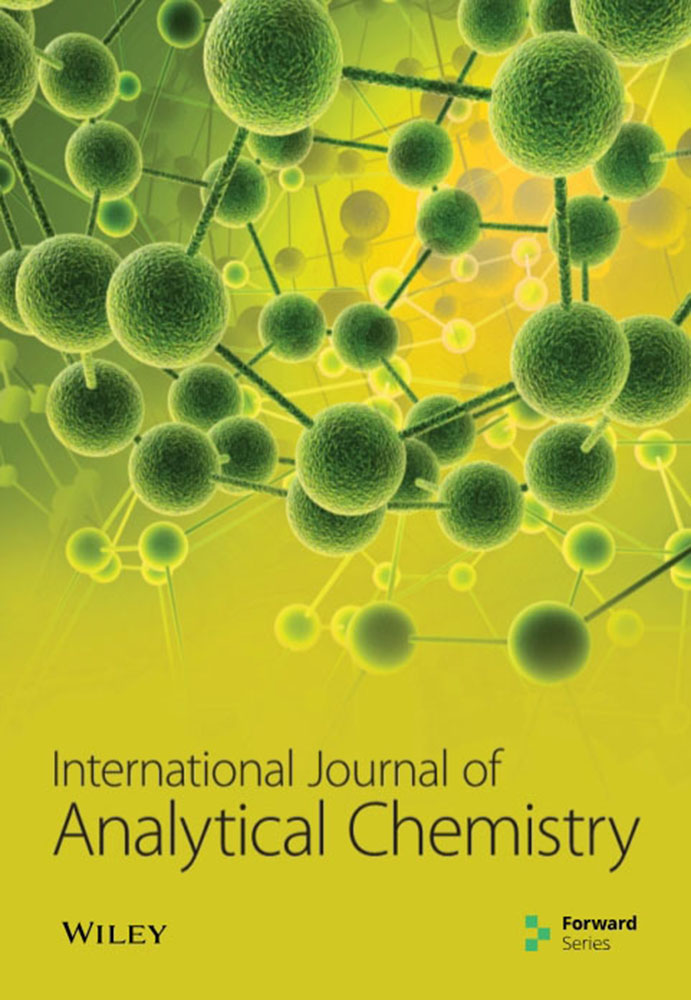利用表面增强拉曼散射(SERS)检测食品和植物中药材中农药残留的研究现状
IF 1.5
4区 化学
Q3 CHEMISTRY, ANALYTICAL
引用次数: 0
摘要
表面增强拉曼散射(SERS)技术在快速检测植物源食品中的农药残留方面具有独特的优势,可降低检测限并提高准确性。植物源中药材的来源与植物源食品类似,但由于中药材表面粗糙、成分复杂,其农药残留的检测仍主要依赖传统方法,费时费力,无法满足市场对便携性的需求。将柔性纳米材料和 SERS 技术应用于这一领域,可以实现便携式的快速准确检测。因此,在这篇综述中,我们总结了 SERS 技术的基本原理和特点,尤其侧重于 SERS 在农产品农药残留分析中的应用。本文从样品预处理、SERS 基质和数据处理三个主要方向总结了该领域的最新研究进展。本文还讨论了 SERS 技术的前景和局限性,以期为快速检测中药材中的农药残留提供理论支持。本文章由计算机程序翻译,如有差异,请以英文原文为准。
Research Status in the Use of Surface-Enhanced Raman Scattering (SERS) to Detect Pesticide Residues in Foods and Plant-Derived Chinese Herbal Medicines
Surface-enhanced Raman scattering (SERS) technology has unique advantages in the rapid detection of pesticides in plant-derived foods, leading to reduced detection limits and increased accuracy. Plant-derived Chinese herbal medicines have similar sources to plant-derived foods; however, due to the rough surfaces and complex compositions of herbal medicines, the detection of pesticide residues in this context continues to rely heavily on traditional methods, which are time consuming and laborious and are unable to meet market demands for portability. The application of flexible nanomaterials and SERS technology in this realm would allow rapid and accurate detection in a portable format. Therefore, in this review, we summarize the underlying principles and characteristics of SERS technology, with particular focus on applications of SERS for the analysis of pesticide residues in agricultural products. This paper summarizes recent research progress in the field from three main directions: sample pretreatment, SERS substrates, and data processing. The prospects and limitations of SERS technology are also discussed, in order to provide theoretical support for rapid detection of pesticide residues in Chinese herbal medicines.
求助全文
通过发布文献求助,成功后即可免费获取论文全文。
去求助
来源期刊

International Journal of Analytical Chemistry
CHEMISTRY, ANALYTICAL-
CiteScore
3.10
自引率
5.60%
发文量
117
期刊介绍:
International Journal of Analytical Chemistry publishes original research articles that report new experimental results and methods, especially in relation to important analytes, difficult matrices, and topical samples. Investigations may be fundamental, or else related to specific applications; examples being biological, environmental and food testing, and analysis in chemical synthesis and materials processing.
As well as original research, the International Journal of Analytical Chemistry also publishes focused review articles that examine the state of the art, identify emerging trends, and suggest future directions for developing fields.
 求助内容:
求助内容: 应助结果提醒方式:
应助结果提醒方式:


